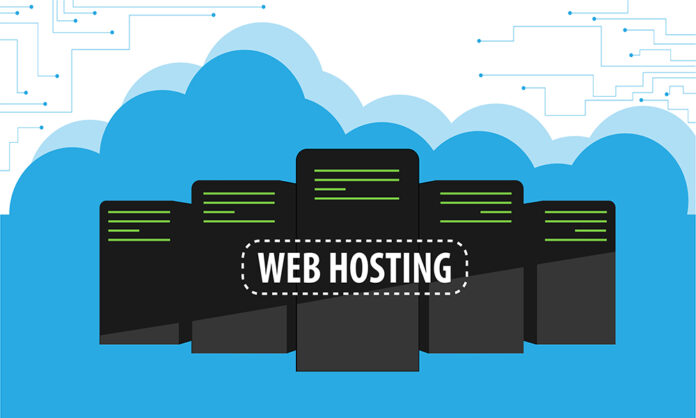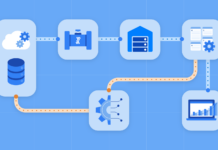Given the current global circumstances, many independent businesses have begun moving their day-to-day operation to online platforms and more specifically – websites. Knowing how to get your website on the Internet and being aware of the different options that you can choose from when doing so, is extremely beneficial for both business owners and everyday people that just want to start up a personal blog.
How do you define hosting?

To understand how a website goes live and online, we first need to understand the essence of what a website truly is. A simple explanation is a number of interlinked web pages, all of which contain some kind of content that is presented visually to the user, while the processes that run in the background remain at the ‘backend’ of the website.
Hosting, on the other hand, refers to the server that the website occupies in order to be connected to the Internet. The server is where all of your website’s content is initially uploaded. Afterwards, a special address is attached to it, known widely as the Uniform Resource Locator, or URL for short, followed by a top-level domain suffix (.com, .net, .io and others). The website is also provided with a physical address consisting of numbers, however, the URL is used in both searching and displaying over the Web due to it being easier to remember than a long sequence of integers.
What are the most popular types of hosting?

There are many different options that you can choose from in terms of hosting. However, the most prevalent are shared hosting, virtual private servers and dedicated hosting with each having their own unique advantages and drawbacks. However, even though they are a fantastic option for large-scale businesses and service providers, we will not focus on dedicated servers in this article due to their expensive nature, but we will focus on the less pricey options of shared hosting and virtual private servers in this article.
What is shared hosting?
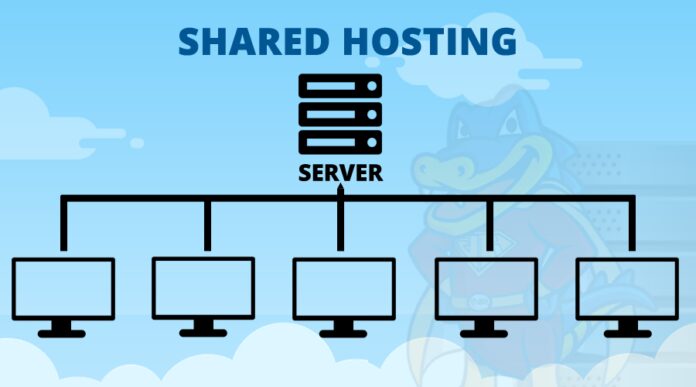
Shared hosting is the most widely used hosting type largely because it is also the cheapest option. In terms of advantages, it can benefit you substantially if you are starting a small website like a local store page or a personal blog. Moreover, no prior technical experience is required in order for you to be capable of operating and managing your server.
However, there are quite a dramatic number of drawbacks in relation to shared hosting. First and foremost, judging by its name, you are required to share the server’s resources with other websites that are also located on it, meaning that a sudden stark increase in one website’s traffic can negatively impact the others in relation to their loading speed and overall response time. If you are a business, you would not like for your customers to quickly close a given page or even click off it immediately as that decreases your chance of making a sale. User experience is one of the most important factors not only in terms of search engine results ranking, but also in general website traversal as an user – you would personally also not be satisfied with a page taking ages to load. Secondly, you do not have full control over your server’s personalization. Consequently, you will not have direct root access or be able to install custom applications and software that can help you manage your website better and more efficiently.
What is a VPS?
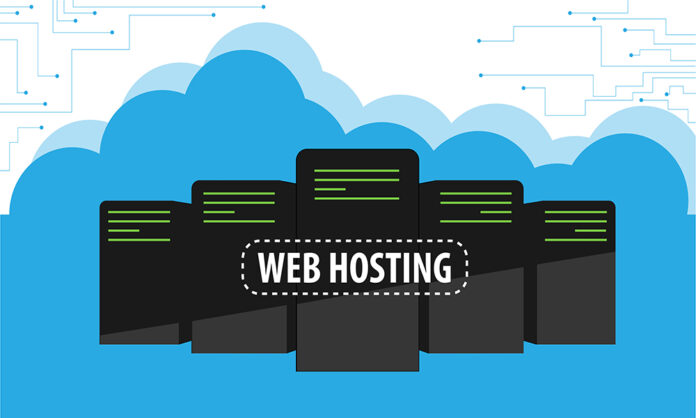
In comparison, a virtual private server, generally referred to as a VPS, can offer you much more than shared hosting whilst costing slightly more. A VPS utilizes virtualization technology to generate your own personal virtual machine on a given server with your own resources and personalization options – it is like having a flat in an apartment building. Furthermore, you also have full administrative control over every aspect of your server, meaning that you manually adjust your resources including your processing power, active memory and storage. A VPS is especially useful if you are not capable of predicting the amount of traffic your website will get as you can pay for everything you currently need but also upgrade at a later stage if you see a wider user engagement and increased resource consumption. It is because of this property that virtual private servers are constantly defined as easily scalable, which is one of their greatest and most sought after advantages.

Furthemore, with the full administrative control, you gain complete root access to your server, allowing you to install custom software and applications that you can then further utilize to improve your server and website management as well as being able to manually adjust and edit your website files. While this does require some previous experience, most hosting providers nowadays can offer you full support in order to help you establish and maintain your server.
Additionally, companies like VPSBG offer services, for which you can pay using cryptocurrencies like Bitcoin and Litecoin. Having this alternative payment method could also benefit a number of people worldwide who do not currently have access to traditional payment systems for one reason or another. Moreover, when paying with cryptocurrencies international taxes are also less expensive due to the fact that they are determined in a different way.
VPS or shared hosting?
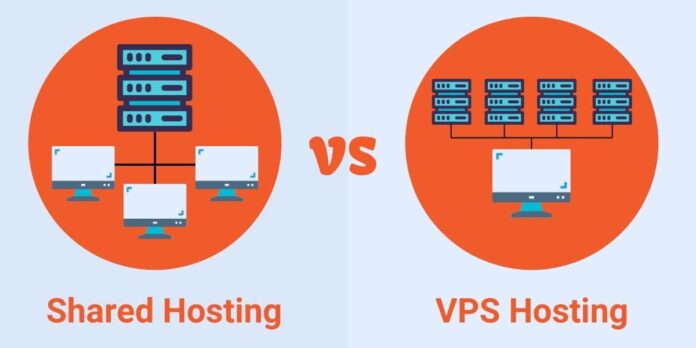
Both have positives and disadvantages depending on what you need. If you are looking to start a small personal or informative website, you can go for shared hosting. However, just for a slightly higher amount of money, you can invest in a VPS that will provide you with many other additional functions and possibilities because with a virtual private server you gain full administrative control over the entirety of your server, meaning that you can easily tweak everything should you desire. Additionally, you can also purchase extra resources when your server needs it rather than having to pay unnecessarily in the beginning. Most importantly, with a virtual private server you would not have to share your server resources with others, which is ultimately its greatest advantage.
